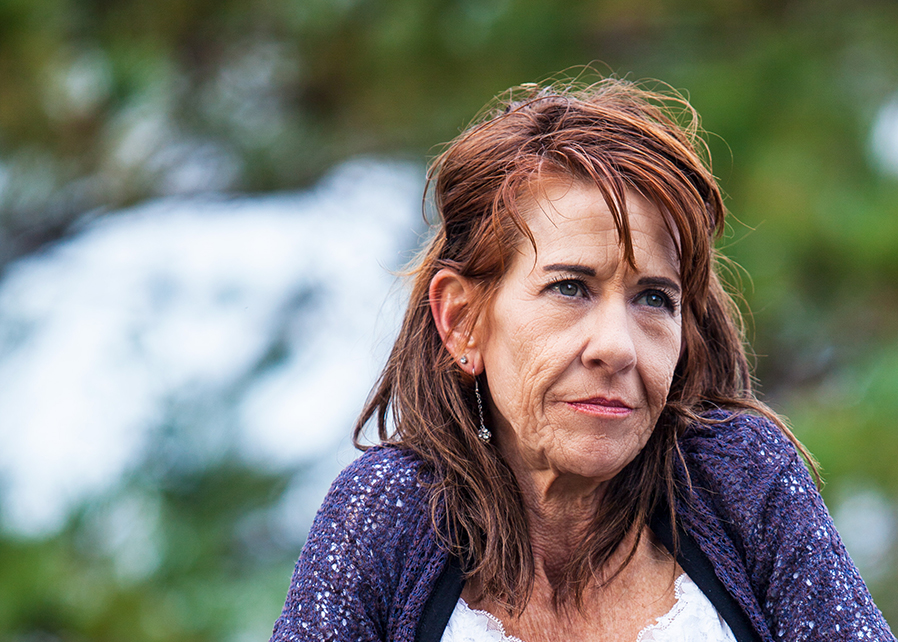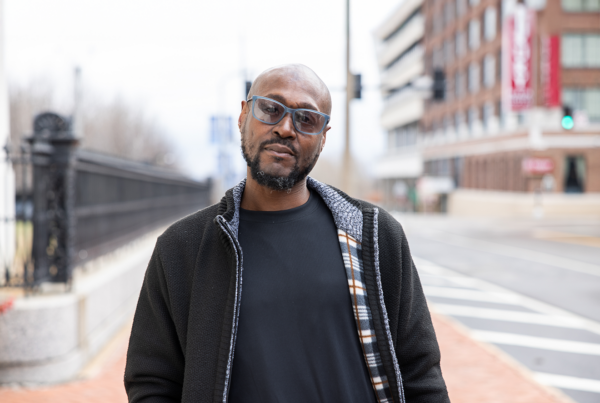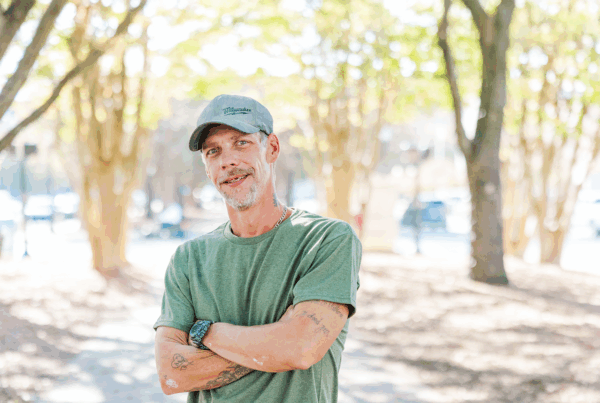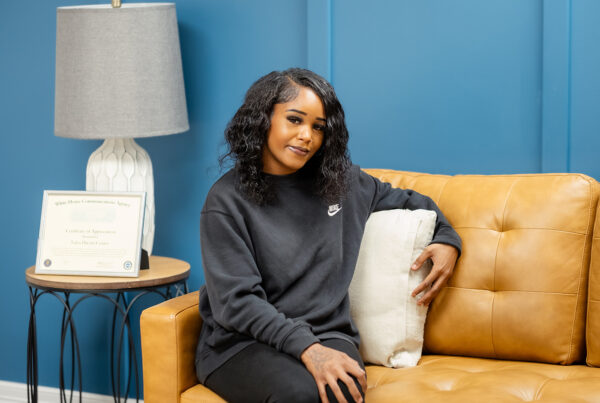Marcella stood outside watching as the orange glow from the Houston sunrise pierced the sky.
“I never thought anything like this could happen to me,” she said, reflecting on her experience spending several months in jail because she could not afford bail.
She took a few sips of coffee and closed her eyes. The cold December wind stung her cheeks like a million little needles. She let out a long sigh before walking back inside her friend’s home, where she’s been living since her release.
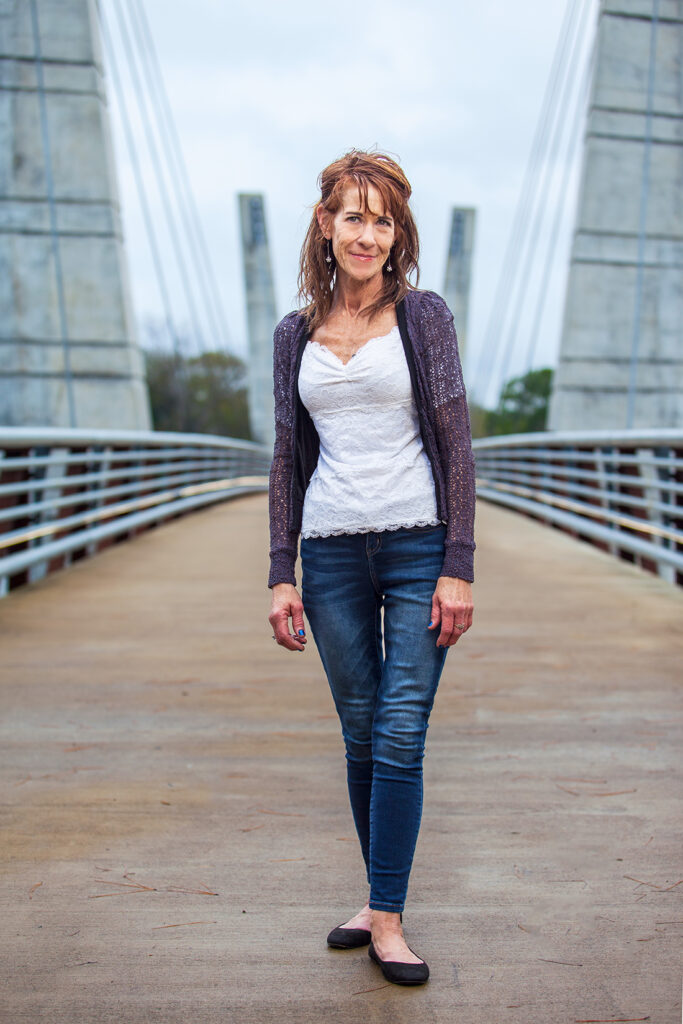
Marcella has always enjoyed contemplating nature during the morning’s early hours. It’s her favorite time of day. But after enduring incarceration, and the better part of last year living outside on the streets, she appreciates these simple moments of peace and freedom even more.
As a 51-year-old woman, Marcella’s experience illustrates the intersection of two troubling trends. Women are the fastest-growing incarcerated population in the United States. Women her age also represent one of the fastest-growing populations of Americans experiencing homelessness. Although their rate of homelessness relative to men has grown, public resources tailored to their unique needs as women and mothers have not.
For example, with nowhere safe to sleep, women are more vulnerable to sexual assault and physical violence. Women escaping domestic violence are also particularly vulnerable to becoming homeless and thus face higher rates of sexual assault. To make matters worse, homeless women often lack preventive medical services, such as prenatal care and mammograms, and tend to have more difficulty accessing contraceptives and menstrual products.
“When I lived on the streets, I didn’t feel safe. I was scared,” Marcella said. “Nobody hurt me. I’ve been blessed to learn survival skills, but I feel safer when I’m inside.”
Marcella grew up in Houston and left after graduating high school. Her wanderlust would not allow her to stay in one place. She moved to Ohio, Florida, Louisiana, Atlanta, and Alabama.
As years passed, Marcella grew more independent and self-sufficient. She enjoyed the outdoors and designing jewelry.
“I’ve always held my own and paid my own way,” she said. “My favorite place to live is north Alabama. It’s beautiful. There are four seasons there. It’s amazing.”
It wasn’t until Marcella moved back to Houston seven years ago that drug addiction became a part of her life. Marcella was waitressing at a restaurant when her coworkers introduced her to recreational drug use. It didn’t take long, however, before this escalated into a debilitating addiction problem. Before she knew it, she was no longer using drugs for fun but rather as a coping mechanism to deal with depression and stress.
Just as Marcella was beginning to grapple with her addiction, her health suddenly plummeted. She was in the hospital when doctors delivered the devastating news. Marcella had kidney cancer.
After undergoing kidney removal surgery, Marcella’s cancer went into remission, and she moved in with her mother while she continued to recover and rest. Unfortunately, that decision turned out to be the catalyst that would spiral her life downwards.
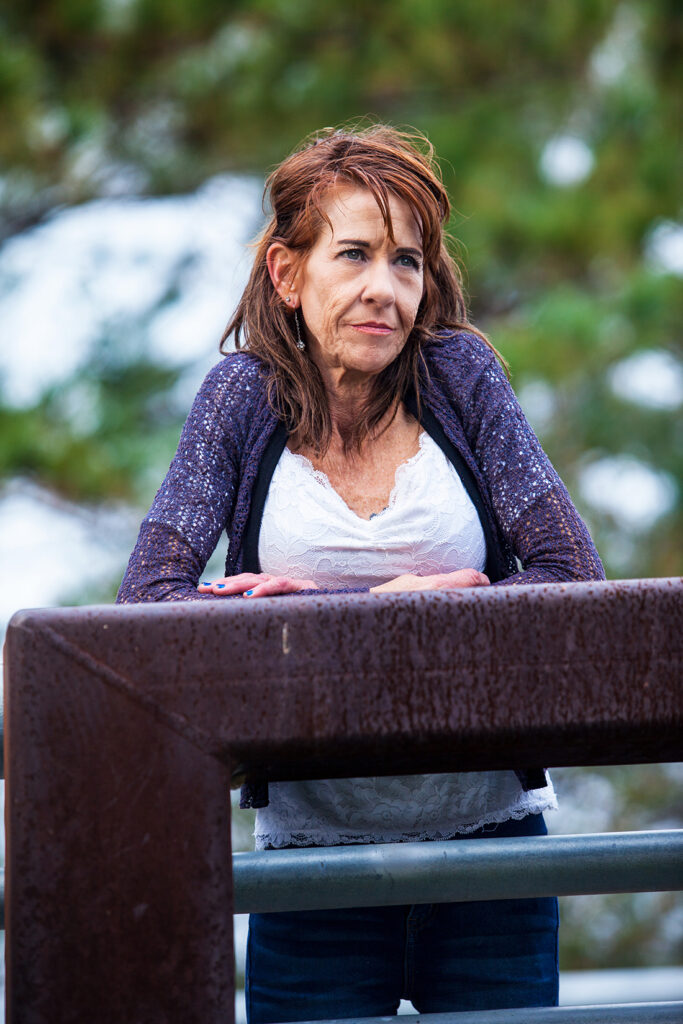
Life at her mother’s home wasn’t as peaceful as she had hoped. The stress triggered her depression, and to cope, Marcella started using drugs again. To support her addiction, she began pawning items in her mother’s home and used the cash to buy drugs.
When Marcella’s mother found out, she reported her daughter to the police. Police arrested Marcella, and in the end, a judge sentenced her to several years in prison. Marcella felt ashamed but also betrayed.
Following her release, Marcella craved community and encouragement, but her mother and sister no longer spoke to her. She wanted to enter a substance-use treatment program and sign up for healthcare, but without any friends or family to lend support, she felt overwhelmed, ashamed, and undeserving of a better future. She isolated herself, and this made her depression worse.
“I know where to start and what to do, but I didn’t have the energy to do it,” she said. “I felt like I wasn’t good enough…”
She also faced major obstacles to finding a stable home and a job.
Because Texas law keeps criminal records public, individuals like Marcella, who were previously incarcerated, often face discrimination after reentering their communities. That means after a person’s sentence ends, those records can still resurface if prospective employers or housing administrators conduct background checks.
“It’s hard to get back on your feet after being released. You don’t have anywhere to go,” she said. “You’re looked down upon.”
In April 2021, things took a turn for the worse after Marcella’s former employer accused her of assault and verbal abuse. After three months behind bars, Marcella was able to get released on personal recognizance. But then she missed a required court hearing. Although she had every intention of making it to court, Marcella didn’t have a car or money for public transportation. Nevertheless, a judge issued a bench warrant against her, and she was rearrested.
Marcella was held for four months in jail until a mental health caseworker referred her to The Bail Project. A member of our Houston team reached out to her, and soon after, we paid the $10,000 bail amount the judge imposed as a condition for her release.
Afterward, our Houston team kept in touch with Marcella to ensure she had support and information on accessing healthcare and mental health resources while her case was pending. We also provided Marcella with court reminders and free Lyft rides to and from court hearings.
Finally in July 2022 —more than one year after Marcella’s initial arrest —a judge dismissed her case due to lack of evidence. Although she spent a total of seven months in jail while her case was pending, she would have spent nearly a year in jail had The Bail Project not provided her with bail assistance.
Marcella was glad it was over, but the experience left her shaken. Her self-confidence was at an all-time low, and she struggled to trust others.
“I was scared to go back to work,” Marcella said. “I sheltered myself to keep my mind off things.”
It wasn’t until recently when an old friend reached out and invited Marcella to temporarily move in with him, that she felt ready to re-emerge and start over. She hopes that sharing her experience will encourage people not to be so quick in judging others.
“You never know what is happening to someone else,” she said.
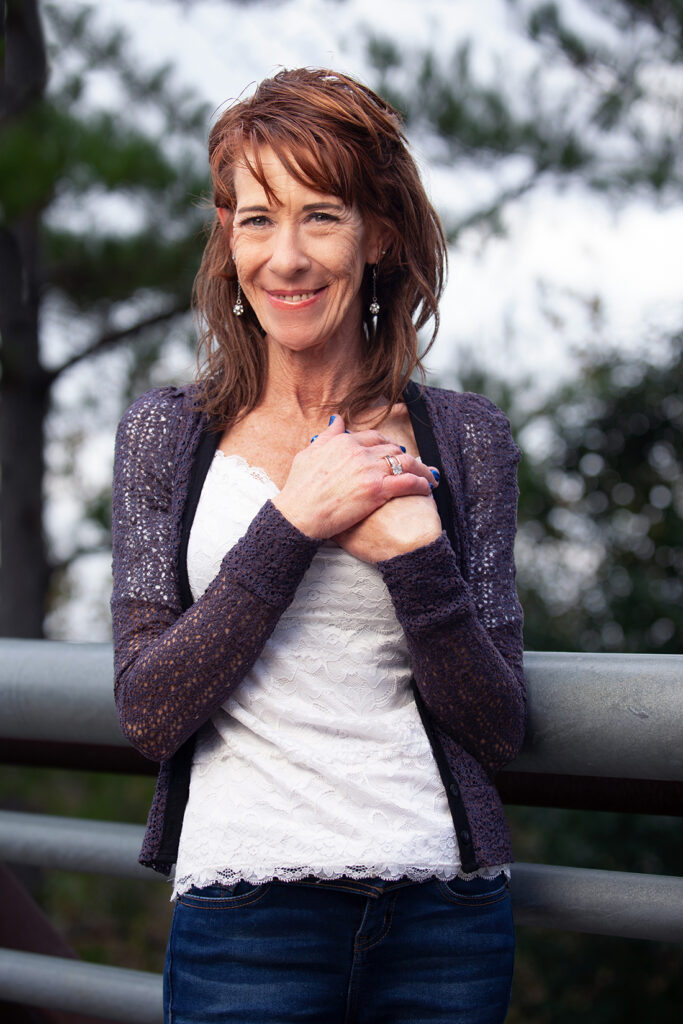
Back inside her friend’s home, Marcella got ready to start her day. Now that she has a warm bed to sleep at night and a safe place to shower in the morning, she feels more motivated to tackle the items on her to-do list, which includes applying for jobs, signing up for healthcare, and substance-use counseling.
Marcella knows it won’t be easy, but she has rediscovered her self-confidence.
“I don’t know how I found that strength, but I did,” she said. “I’ve gotten in touch with my inner self, and I lean on my faith as I have done my whole life.”
Thank you for reading. The Bail Project is a 501(c)(3) nonprofit organization that is only able to provide direct services and sustain systems change work through donations from people like you. If you found value in this article, please consider supporting our work today.







